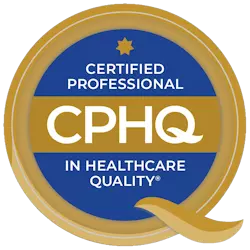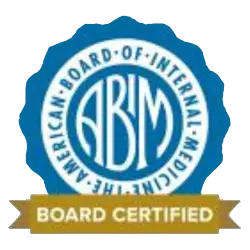Medical Errors and Negligence: Infectious Diseases-Spinal Abscess
Medical Malpractice - The Four Elements to Prove Negligence
Medical malpractice lawsuits are a relatively common occurrence in the United States. (1) In a malpractice case, the injured patient must show that the physician acted negligently in rendering care, and that such negligence resulted in injury. To do so, four legal elements must be proven: (1) a professional duty owed to the patient; (2) breach of such duty; (3) injury caused by the breach; and (4) resulting damages.1
Deaths Due to Negligence
While the overwhelming majority of healthcare providers bring best practices to their patients, deaths due to medical negligence routinely occur. A review of the topic in the British Medical Journal considers medical errors to be the third leading cause of death in the US. It is estimated that 251,428 deaths occur each year in the US as a result of medical error.2
Below is an edited version of a real-world example demonstrating a breach of the standard of care yet failure to fulfill all four criteria for medical negligence.
Medical Case
A 56-year-old male was admitted with fever, back pain, and leg weakness. Past medical history (PMH) included diabetes and high blood pressure. An exam revealed thoracolumbar spinal pain, a palpable area of fluctuance, and a small amount of fluid oozing out. The patient had bilateral lower extremity weakness. An MRI confirmed a large fluid collection from the skin down to the level of the spine.
Neurosurgery was consulted. They recommended aggressive antibiotics, a back brace, and postural drainage. Blood cultures turned positive the next day for Methicillin-resistant Staphylococcus Aureus Bacteria (MRSA.)
The patient continued to spike fevers and had a rising white blood count and an inability to ambulate on his own. Purulent fluid was easily expressible from the palpable fluid collection.
On follow-up, the neurosurgeon had no new recommendations, including no plan for surgical therapy, and signed off.
A second opinion was obtained from a spine surgeon, who took the patient to the operating room later that day. More than a half liter of pus was evacuated from the abscess. The patient eventually improved. The MRSA bacteremia was cleared, and he regained the ability to walk again. He was discharged from the hospital with a plan for a long course of antibiotics, close follow-up with his surgeon, and physical therapy.
Case Discussion
In this case, the first two negligence criteria were met. The initial surgeon who was consulted had a duty to the patient, and with the provided recommendations and failure to evacuate the abscess, breach of duty would be easy to prove. (Postural drainage, was initially described in 1901 as a method to help manage secretions from the lungs3. It is not a best practice that I am aware of for the management of spinal abscess-personal literature review and personal communication with spinal surgeon)
Fortunately, the surgeon who evaluated the patient for the second opinion provided the standard of care, which resulted in a good outcome for the patient. Because the third and fourth criteria to establish medical negligence were not met, there would not have been a case for medical negligence.
Summary
In real-world medical practice, near misses like this likely occur weekly, if not daily. Bad outcomes are avoided in part because most medical providers advocate for their patients and seek out the best care, asking for second opinions when necessary. In this case, doing so more likely than not helped this patient achieve a good outcome that may not have happened otherwise.
-Do you have questions about a possible medical malpractice claim based on a medical mistake or failure to properly treat an infection or sepsis?
-Do you represent a medical provider who you believe followed best practice yet is still having a suit filed claiming medical negligence?
Contact Expert Infectious Diseases Consulting Services to learn more about Dr. Lieberman’s expert witness services. He can be reached at 720-446-6828.
1.Bal. Clin Orthop Relat Res (2009) 467:339–347
2.Makary and Daniel. BMJ 2016;353:i2139
3.Nelson. BMJ Aug 11, 1934. 251-255



